From darkness to light
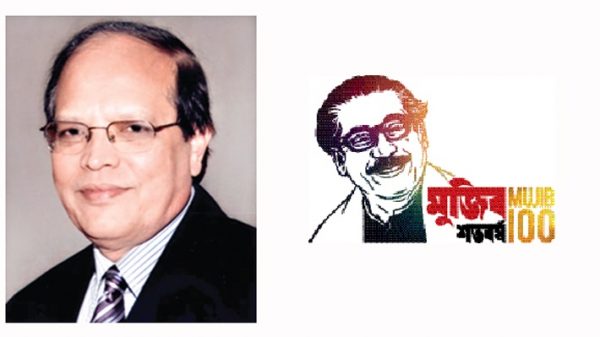
Dr. Atiur Rahman:
On January 10, 1972, Bangabandhu Sheikh Mujibur Rahman touched the soil of independent Bangladesh. He returned to the land he loved from the core of his heart after nine months of captivity in Pakistan’s jail, which had seemed to him like centuries. He was back to his people for whom he had been prepared to give his life. Naturally, his homecoming was immersed in unfathomable emotions for both Bangabandhu and his beloved people.
He was freed on January 8, 1972 by Bhutto under huge pressure from the international community and, of course, India. By then independent Bangladesh was already born, as the Pakistani occupation army had surrendered to the joint forces of Mukti Bahini (Freedom Fighters of Bangladesh) and the Indian armed forces on December 16, 1972. However, this victory was still incomplete to the Bengalis as the Father of the Nation was not amongst them. The Victory Day was certainly joyful but also somber.
Bangabandhu was still imprisoned in Pakistan. He was awaiting his execution, a verdict given by a military court set up in jail. But he was not afraid of death and had asked the military junta to send his dead body to Bangladesh, his homeland. However, Mujib did not know that the Pakistani leadership was under heavy international pressure for his release and had to promise to the global leaders that they would keep him alive.
After Bhutto’s assumption of power following Pakistan’s defeat in the war of 1971, he had Sheikh Mujib taken out of prison to Sihala Rest House in Rawalpindi (Karim, S.A., ‘Sheikh Mujib: Triumph and Tragedy’, UPL, revised edition, 2009, p.250-51). On 28th December, Barrister Kamal Hossain, detained in Haripur jail, was brought to Sihala as well, following a request by Bangabandhu. Bangabandhu told Mr. Hossain that soon after 16th December he had been taken to an empty bungalow, and on 26th December he was flown to Sihala by a helicopter. Bhutto had met Sheikh Mujib and assured that he would arrange his return to Bangladesh soon.
Aziz Ahmed, an aid to Bhutto, who was looking after foreign affairs, came to meet them and suggested that they should leave in a Pakistani aircraft which would transit at Tehran. Bangabandhu realised that if they stopped at Tehran, he might have to face political pressure from the Shah of Iran and therefore rejected this proposal. After some negotiation they decided that the Pakistani aircraft would fly them to London. On 7th January, Sheikh Mujib and Barrister Kamal Hossain attended dinner at the President’s Guest House with Bhutto. There Bhutto requested Bangabandhu to maintain links with Pakistan but Bangabandhu avoided the question by saying that he would like to go to Bangladesh first before giving a reply. Later, Bhutto suggested a delay in their departure as the Shah of Iran was scheduled to visit Pakistan the following day. Bangabandhu again guessed that this might be another ploy to create political pressure on him. He strongly refused that proposal as well and their flight for London finally took off that night (Kamal Hossain, ‘Bangladesh: Quest for Freedom and Justice’, UPL, 2019 fourth impression, p.113-116).
They arrived in London very early in the morning on January 8, 1972. It was a weekend, and therefore most people were still asleep in London. The British Foreign Office received news of Bangabandhu’s arrival only one hour before the plane’s landing. Ian Sutherland from the British Foreign Office rushed to the airport and arranged a VIP room and limousine for him. The Foreign Office also contacted the Acting Head of the unofficial Bangladesh Mission, Rezaul Karim (Karim, S.A., ‘Sheikh Mujib: Triumph and Tragedy’, UPL, revised edition, 2009, p.259). Kamal Hossain wrote in his book, “As we were escorted to the VIP lounge in London, I cannot forget the remark of the British police officer on duty outside the VIP lounge. Suddenly addressing Bangabandhu, with tears in his eyes, he said, ‘Sir we had been praying for you’.” (Kamal Hossain, ‘Bangladesh: Quest for Freedom and Justice’, UPL, 2019 fourth impression, p.116).
On their way to the Claridge’s Hotel Rezaul Karim told Bangabandhu about the past nine months. Bangabandhu gave many emotional exclamations while hearing about the atrocities faced by his people during the war of liberation. (Karim, S.A., ‘Sheikh Mujib: Triumph and Tragedy’, UPL, revised edition, 2009, p.260). Bangabandhu was greeted by many people after his arrival at the hotel. He had a brief tele-discussion with Syed Nazrul Islam and Tajuddin Ahmad who were holding the fort in Dhaka in his absence. He attended a press conference where he said he was happy his countrymen had achieved freedom and wanted to create a prosperous sovereign Bangladesh. He thanked the governments and people at large who supported the cause of Bangladesh. He also appealed to the world to come forward to help the Bengalis as the infrastructure and economy were severely damaged during the war. He also appealed to Great Britain to come to Bangladesh’s aid as Bengal had previously contributed to Britain’s industry (Sheikh Mujibur Rahman, at Press Conference held at Claridge’s Hotel on 8th January, Source: https://www.youtube.com/watch?v=2Gi5VkMxLsA&t=70s).
Bangabandhu was also interviewed by David Frost at the hotel. In his interview he spoke of the sacrifices made by his people. When David Frost asked Bangabandhu what his gladdest moment in the past year was, he replied spontaneously that when he heard Bangladesh had become independent it was the happiest moment in his entire life. He also said that the worst moment of his life was when he heard that three million people had lost their lives. Mr. Frost had showed him pictures of the genocide and Bangabandhu said that the pictures brought tears to his eyes. He said that the crimes committed during the war must not be excused. Bangabandhu told David Frost that being a Prime Minister or President meant nothing in comparison to the enormity of love he got from his people. He expressed his gratitude towards Prime Minister Indira Gandhi and the people of India. He mentioned that his foreign policy would be friendship to all and malice towards none (Sheikh Mujibur Rahman’s interview with David Frost, Source: https://www.youtube.com/watch?v=gHxL6hhY4fc&t=350s).
Though Bangladesh was not formally recognised, the British Prime Minister Edward Heath left no stone unturned to give the highest level of honour and protocol to Bangabandhu. When Bangabandhu met Prime Minister Edward Heath, he asked whether there was something he could do for Bangabandhu. Bangabandhu asked if he could help them with a plane to take them to Bangladesh. Mr. Heath then arranged for the British Prime Minister’s official plane to make the trip to Bangladesh. The plane took off in the morning of 9th January. It stopped at Cyprus and Sharjah for refueling and made a brief stopover at Delhi before finally arriving in Dhaka on 10th January (Kamal Hossain, ‘Bangladesh: Quest for Freedom and Justice’, UPL, 2019 fourth impression, p.119-121). Bangabandhu made a short speech in Bengali in Delhi where he thanked the Indian people for helping the Bengali refugees and thanked Prime Minister Indira Gandhi for demanding his release. Vowing eternal amity with India, he said, “The people of India stood by us in our darkest hour and we will never forget it.” (The New York Times, January 11, 1972).
In his five-minute-long speech at the rally near the airport he expressed his gratitude to India’s “magnificent Prime Minister” for “making this journey possible – this journey from darkness to light, from captivity to freedom, from desolation to hope.” (NYT, ibid). He also recalled the people of his country. He said, “When I was taken away from my people, they wept, when I was held in captivity, they fought, and now when I go back to them, they are victorious.” (Faruq Choudhury, ‘Jiboner Balukabelay’, Prothama Prokashon, 2014). He also promised to “turn victory into a road to peace, progress and prosperity” (ibid). After a short meeting at the Rashtrapati Bhaban in Delhi with the Indian Prime Minister, he took the flight to Dhaka. He avoided a short stopover in Kolkata which he thought deserved a longer and more formal acknowledgement. He, of course, paid an official visit to Kolkata in February1972 and this was his first foreign trip as the Prime Minister of Bangladesh. Prime Minister Indira Gandhi welcomed him in Dumdum airport, and both spoke to a huge crowd in a public meeting at the Brigade Parade Ground.
The flight from Delhi had landed in Dhaka at 2:30 pm and the passengers were received by a massive crowd (Karim, S.A., ‘Sheikh Mujib: Triumph and Tragedy’, UPL, revised edition, 2009, p.262). Kamal Hossain wrote, “The scene, even from the air was totally overwhelming. There was an ocean of human heads visible from the air.” (Kamal Hossain, ‘Bangladesh: Quest for Freedom and Justice’, UPL, 2019 fourth impression, p.121). Bangabandhu was taken to the Race Course Maidan on a truck. Hundreds and thousands of people turned out in the streets sporting smiles and shouting joyful slogans. Bangabandhu then addressed the huge crowd gathered at the Race Course. He could not hold back his tears when he delivered his homecoming speech. He prayed for the departed souls of the independence struggle. He compared the casualties in Bangladesh with those that took place during World War I and II. He said that he had not been sure if he would ever return, he still knew that Bangladesh would be liberated.
Bangabandhu thanked everyone who supported Bangladesh during the struggle. He said that Bangladesh would remain independent and sovereign. He wept and with him wept the nation. His words were choked with emotion and yet as eloquent as ever. This mammoth meeting in the late afternoon on January 10, 1972 was both spontaneous and deeply heartfelt, as has been recorded by Moudud Ahmed, a well-known opposition leader in Bangladesh. He wrote, “Then the triumphant moment came and with that Mujib brought with him the heaviest responsibility to straighten a country ravaged by a war and to meet the hopes, dreams, expectation of seventy-five million people built up through a struggle of long 24 years. It was a mammoth reception, warm and spontaneous for an undisputed leader…. a spitfire orator belonging to the opposition for almost his entire life, he now arrived in the midst of his own people as the President and father of the nation.” (Moudud Ahmed, Bangladesh: Era of Sheikh Mujibur Rahman, UPL, 1983, p.4).
The author is Bangabandhu Chair Professor, Dhaka University and former Governor, Bangladesh Bank. He can be reached at [email protected].


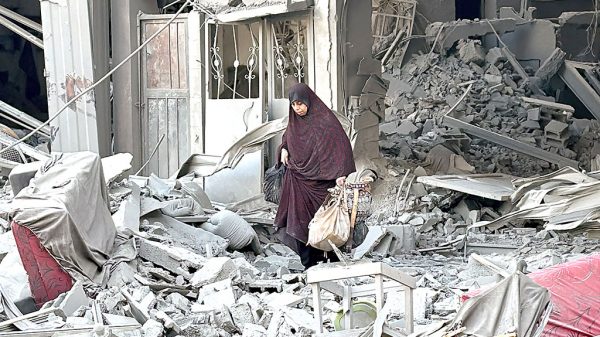
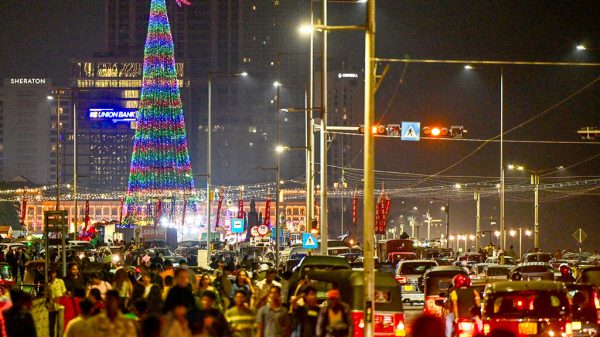
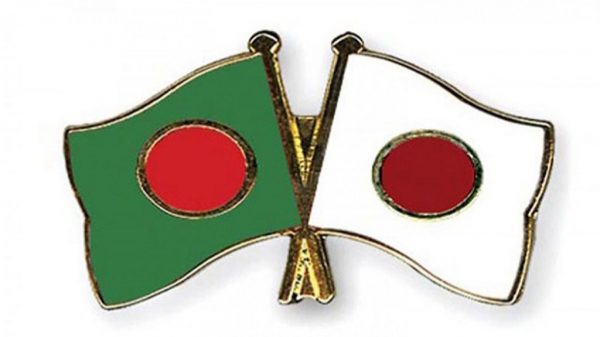
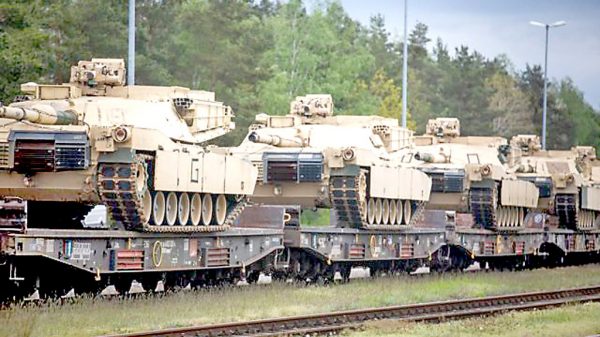
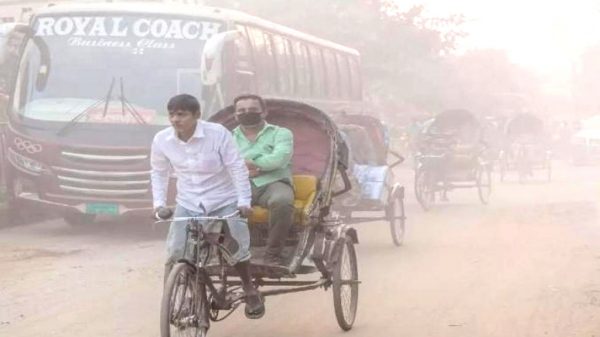
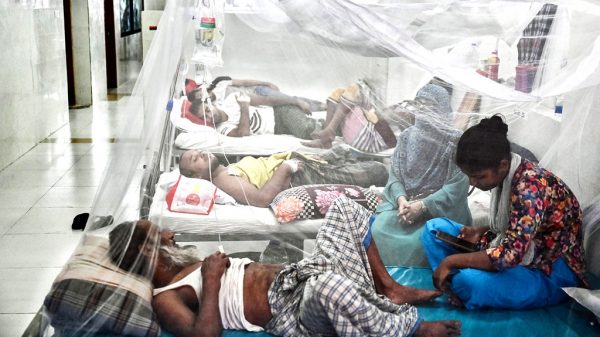
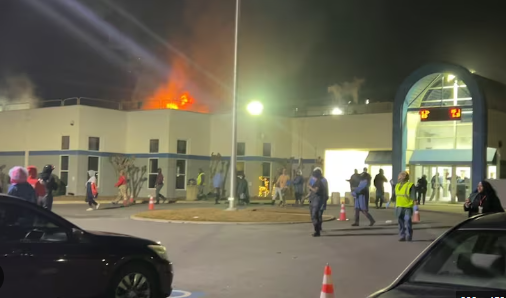
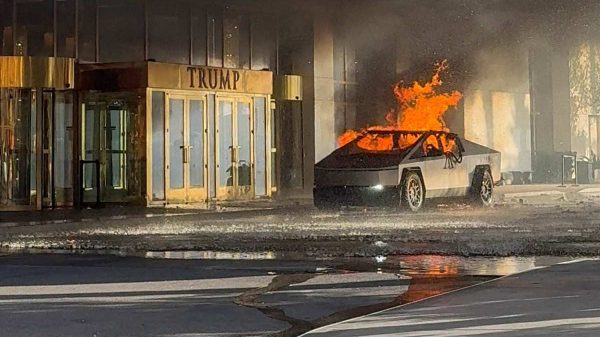
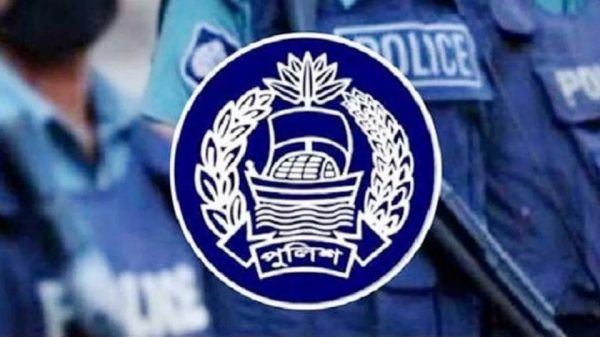
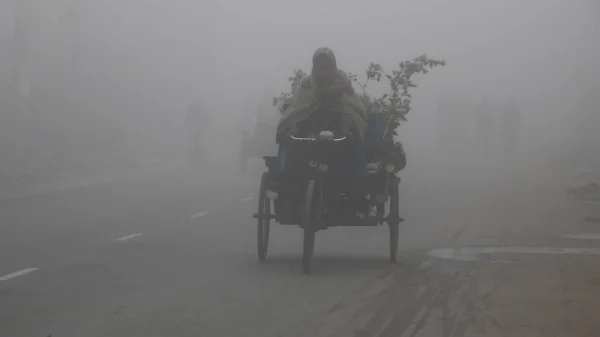
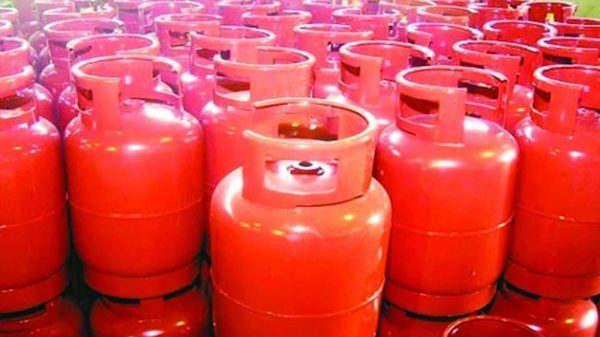
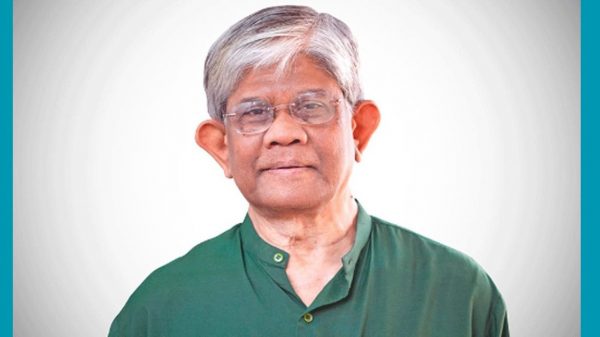
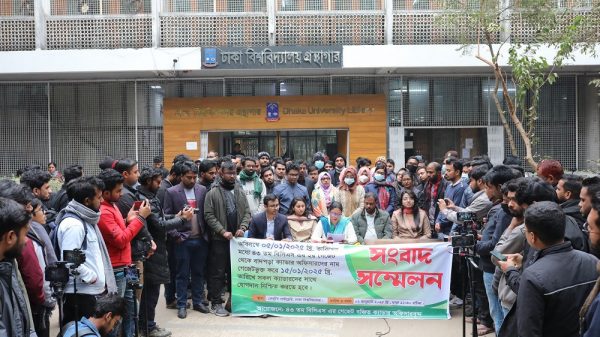
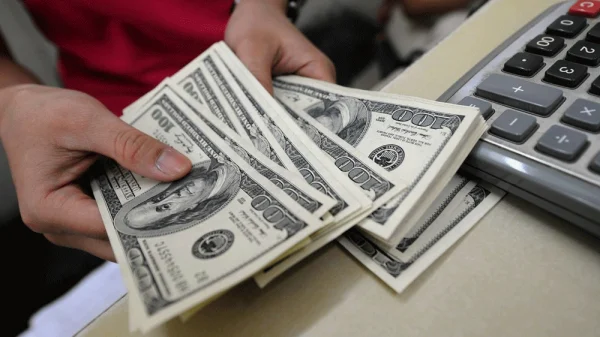
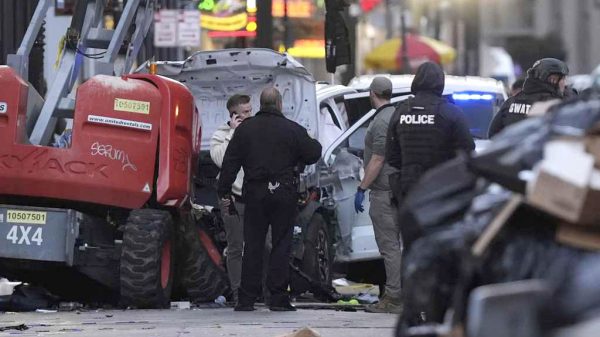
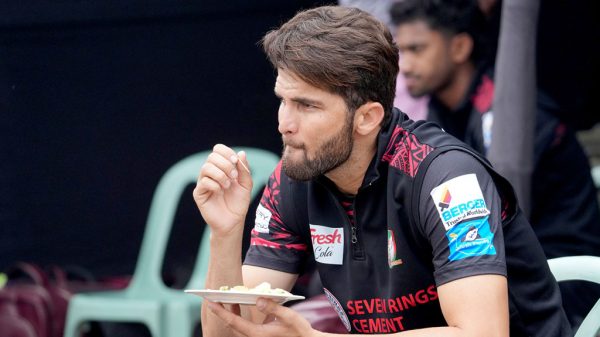











Leave a Reply